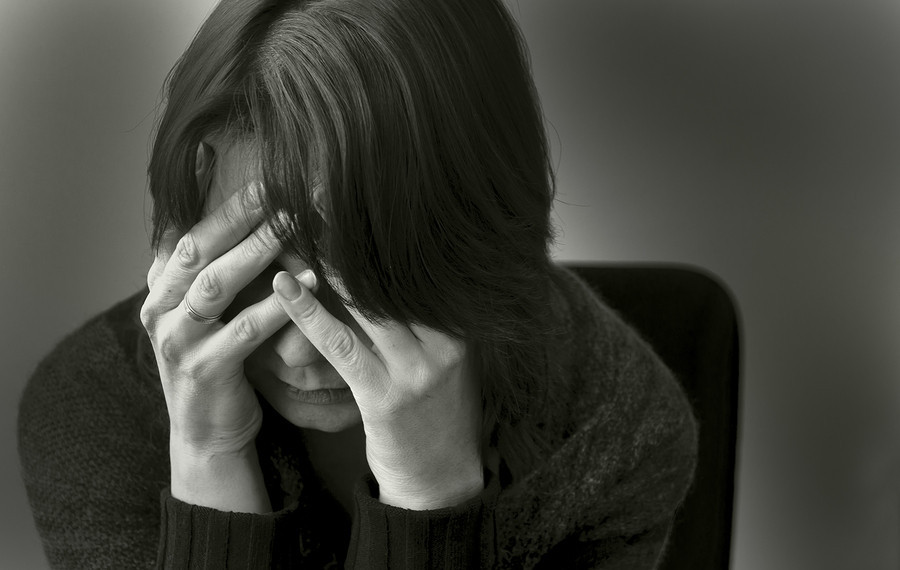|
DEFINITION
|
|
Depression (major depressive disorder) is a common and serious medical illness that negatively affects how you feel, the way you think and how you act.
|
|
SYMPTOMS
|
|
- Feeling sad or having a depressed mood
- Loss of interest or pleasure in activities once enjoyed
- Changes in appetite — weight loss or gain unrelated to dieting
- Trouble sleeping or sleeping too much
- Loss of energy or increased fatigue
- Increase in purposeless physical activity (e.g., inability to sit still, pacing, handwringing) or slowed movements or speech (these actions must be severe enough to be observable by others)
- Feeling worthless or guilty
- Difficulty thinking, concentrating or making decisions
- Thoughts of death or suicide
|
|
RISK FACTORS
|
|
- Biochemistry: Differences in certain chemicals in the brain may contribute to symptoms of depression.
- Genetics: Depression can run in families. For example, if one identical twin has depression, the other has a 70 percent chance of having the illness sometime in life.
- Personality: People with low self-esteem, who are easily overwhelmed by stress, or who are generally pessimistic appear to be more likely to experience depression.
- Environmental factors: Continuous exposure to violence, neglect, abuse or poverty may make some people more vulnerable to depression.
|

